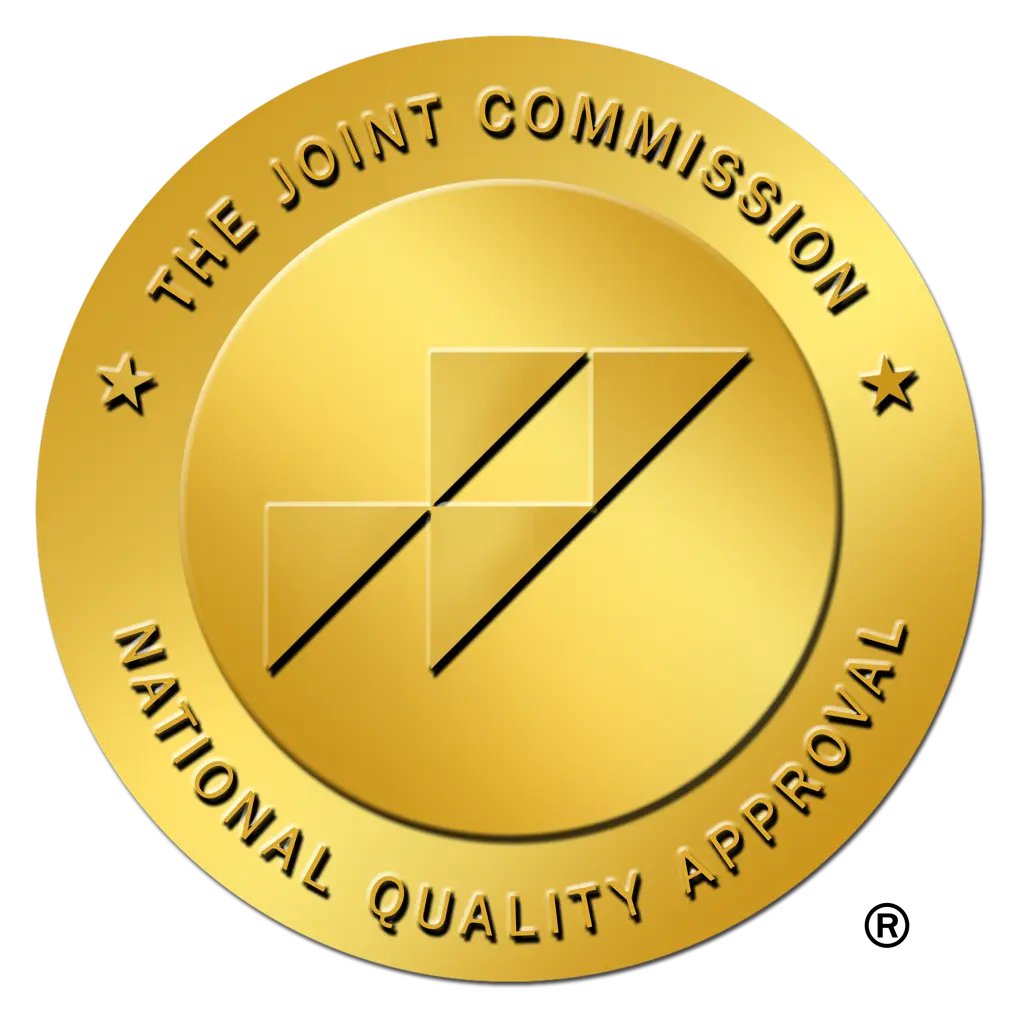Experiencing a mental health crisis can be emotionally and mentally trying, and may even turn dangerous. For that reason, knowing what to do or where to go to stabilize mental health crises is vital. Individuals struggling with mental health conditions must prepare for the worst. That is because, unfortunately, there is no predicting what one day will look like compared to the next.
Thankfully, facilities like Alter San Diego Crisis Intervention can teach you crisis management tools. These tools are necessary to help you learn how to identify and manage a mental health crisis. Not only can we teach you these tools, but we can help you through these crises. Our short-term crisis stabilization program may be an excellent fit as you explore alternative options to inpatient hospitalization.
Mental Health Awareness
At one point or another, you have probably wondered how prevalent mental illness is in the United States. Well, the Centers for Disease Control and Prevention (CDC) indicates that over 50% of people “will be diagnosed with a mental illness or disorder at some point in their lifetime.” That is about 1 in 5 Americans, and 1 in 25 people, that have a severe mental health condition like schizophrenia, bipolar disorder, or major depression.
With such high numbers, you may also wonder why there is such an increase compared to our history. Nowadays, it seems like everyone is struggling with their mental health. More children are experiencing anxiety, adults are developing substance use disorders (SUD), and overall suicide rates have increased by 30% between 2000 and 2020.
Mental health conditions develop out of several factors that include genetics, traumatic experiences, and other social or environmental factors that influence our development. Additional factors may help explain the drastic increase in mental health conditions experienced by Americans today, including social media, reduced face-to-face interactions, and acceptance of recreational drug use.
While researchers continue to hypothesize why mental illness is on such a rapid rise, the rest of us are left trying to manage the fallout of our mental health conditions. That is why the ability to identify and manage mental health crises is so vital in mental hospital San Diego.
How to Know if You Are Experiencing Mental Health Crises
Identifying and assessing are the first steps to managing a mental health crisis. A crisis is when people feel complex emotions, experience risky situations, and can not function normally. Anyone with any number of conditions can experience crises. However, some of the disorders our treatment plan focuses on include schizophrenia, major depression, post-traumatic stress disorder (PTSD), bipolar disorder, and generalized anxiety disorders, to name a few.
Additionally, we help individuals learn the warning signs of a mental health crisis. Some of those signs include:
- Social isolation
- Mood swings
- Loss of interest in hobbies and other enjoyable activities
- Sleeping excessively and feeling fatigued
- Impaired performance at work or school
These are just a few signs that can help you determine the presence of a crisis. Upon making that determination, you can begin taking the necessary steps to stabilize your situation effectively.
Managing Mental Health Crises
At Alter San Diego Crisis Intervention, we help clients stabilize their crises through our 6-step crisis stabilization plan. These steps are:
- Define the problem and the root cause at the center of the situation.
- Ensure you create a safety net that provides a solid foundation for your healing.
- Provide support throughout treatment and with around-the-clock care.
- Consider alternative forms of care that may benefit you.
- Make a customized plan to ensure you maintain recovery later on.
- Obtain your commitment and ensure you are fully prepared to return home post-crises.
While these steps can help you during your time with us, there are also ways to manage a crisis alone. Some of these self-stabilizing techniques include:
- Take slow, deep breaths
- Reach out to trusted individuals for support
- Removing yourself, or the person in trouble, to a safe space
- Create a safe space for you to stabilize
- Follow the plan crisis plan you created for yourself, either in a facility or with a therapist
Admittedly, it is not always easy to stabilize your crisis. That is why having a support system is vital and why, in many cases, you should consider professional treatment.
Considering Professional Treatment
Some people avoid professional mental health treatment for many reasons. People fear judgment and ridicule or struggle with the stigmatization and stereotypes of seeking professional mental health treatment. Whatever the reason, untreated mental health conditions wreak havoc on your life and the lives of your loved ones. There will always be reasons to avoid treatment, but the ability to manage a mental health crisis is well with the time spent in treatment.
We encourage you to reach out if you struggle with mental health and managing crises. Our program can offer you long-lasting support that prepares you to tackle any future mental health crises that may come your way.
Approximately 50% of people in the United States will experience a mental health condition at some point in their life. For that reason, spreading awareness and education on the dangers of untreated mental illnesses is vital. It is also crucial to educate people on mental health crises. In order to manage a mental health crisis, you must first identify it. Once you have done that, you can begin taking steps to stabilize the crisis and get back to living your best life. Alter San Diego Crisis Intervention can help teach you these crisis management skills and prepare you to handle these complex situations outside of treatment. Call us at (866) 986-1481 to learn more today.

